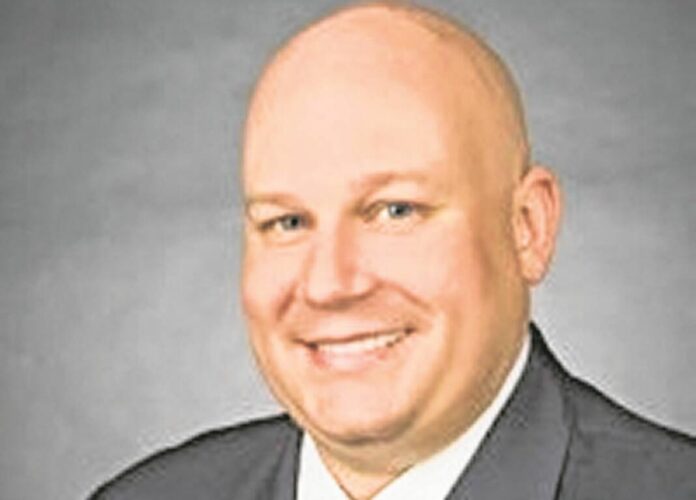To assist the growth of agriculture, our federal government has organized commodity checkoff programs, also known as research and promotion programs. Agricultural checkoff programs are industry-specific, such as pork, egg, watermelon and lamb.
Checkoff programs are overseen and provided with some management assistance by the Agricultural Marketing Service in the USDA.
However, checkoff programs typically charge a certain, small fee for every unit of the commodity or product sold. The money accumulated by the fees is used for research to promote uses and knowledge of the commodity or product, as well as marketing of the commodity or product to increase sales of it both domestically and internationally.
Thus, checkoff programs are very popular among politicians because checkoff programs are primarily self-funded by producers of the commodities or products affected. Several years ago, Congress allowed checkoff programs to be mandatory for some agricultural industries. Mandatory participation has spurred lawsuits.
Nevertheless, the checkoff programs require that each checkoff program not disparage other agricultural industries, whether that other agricultural industry has a checkoff or not. For instance, the beef checkoff (which started the popular advertising campaign of “Beef: It’s What’s for Dinner”) must avoid disparaging the green bean industry.
“Disparage” is generally defined in this context as direct or subjective statements, videos or photography that depict another agricultural industry in a negative or unpleasant light or which provides no factual information or data.
This column has previously discussed the fights between the use of “French” to describe dressings not from France and the dairy industry’s fight with plant-based products marketed as milk concerning the definition of milk.
In particular, the milk argument continues to fester between each industry’s stakeholders.
Recently, instead of arguing about the definition of milk, the fluid (animal) milk checkoff program created a social media video promoting fictional “wood milk.” The video is narrated by a comedian known for her “deadpan” style of comedy. The wood milk video introduces wood milk as wood that is squished into a slime that’s legal to sell. The wood milk video also calls wood milk “eco-friendly,” which is a term often used to describe plant-based products that are marketed as milk.
The video ultimately clarifies that wood milk does not exist, but that if wood milk did exist, wood milk would have no nutritional value.
Late last month, a non-profit organization that promotes plant-based nutrition filed a complaint with the USDA. That complaint argues that the wood milk video effectively hints that fictitious wood milk, depicted as slime with no nutritional value, is akin to plant-based products that are marketed as milk, such as almond milk, soy milk and rice milk. Essentially, the argument is that the video hints that all plant-based products are like wood milk: neither desirable nor nutritious.
The complaint was filed with the USDA’s Inspector General’s office, whose office ensures that the USDA itself follows the law. Although there is no published timeline for when the Inspector General may issue a report, other stakeholders, including supporters and producers of the wood milk video, will likely get a chance to respond.
Lee R. Schroeder is an Ohio licensed attorney at Schroeder Law LLC in Putnam County. He limits his practice to business, real estate, estate planning and agriculture issues in northwest Ohio. He can be reached at [email protected] or at 419-659-2058. This article is not intended to serve as legal advice, and specific advice should be sought from the licensed attorney of your choice based upon the specific facts and circumstances that you face.







